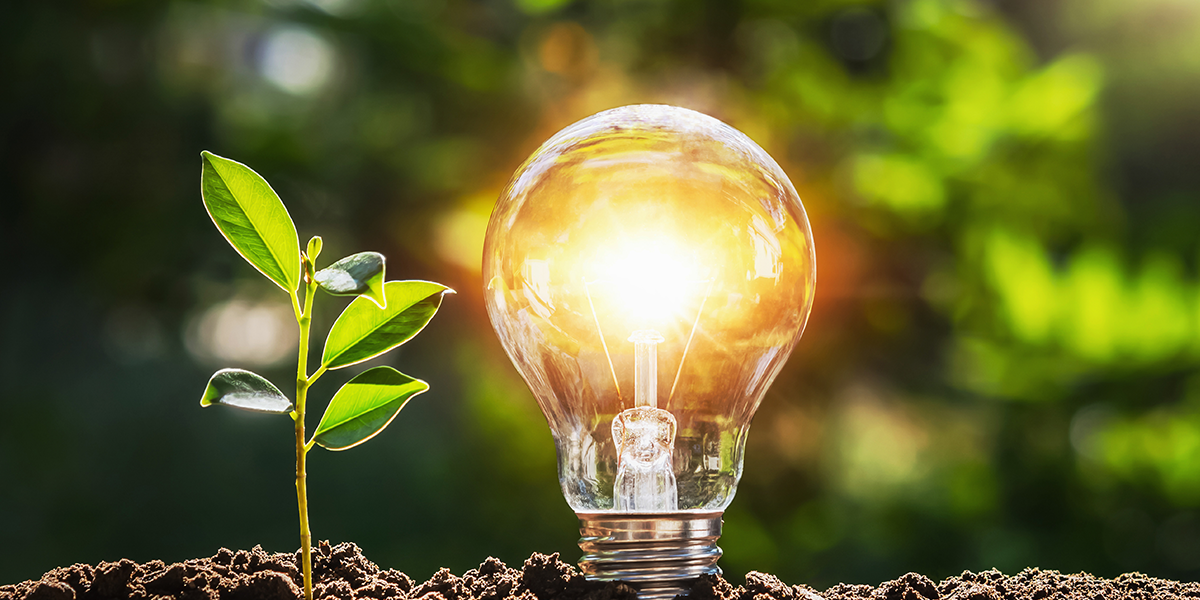Home gardens, specifically indoor gardening, can have a significant impact on energy efficiency in homes. Not only do houseplants enhance the decor of a home and improve the overall aesthetic, but they also serve a practical purpose in reducing energy consumption.
One of the main ways in which indoor gardening can improve energy efficiency is through the process of photosynthesis. During photosynthesis, plants absorb carbon dioxide and release oxygen, effectively purifying the air in a home. This natural air purification process can reduce the need for artificial air purifiers and lower energy consumption.
Additionally, indoor gardening can also have a cooling effect on a home. Plants release water vapor through a process called transpiration, which can help to lower the temperature in a room. This can reduce the need for air conditioning, and ultimately lower energy consumption.
Houseplants can also serve as natural insulators, helping to keep a home warmer in the winter and cooler in the summer. This can lead to lower heating and cooling costs, and ultimately reduce energy consumption.
Indoor gardening can also improve mental and emotional well-being, which can lead to less stress and a more productive lifestyle. Studies have shown that indoor gardening can reduce stress levels, improve mood, and increase productivity.
In conclusion, indoor gardening is not only a beautiful addition to any home, but it can also have a significant impact on energy efficiency. By purifying the air, reducing temperature, and serving as natural insulators, houseplants can lower energy consumption and ultimately save homeowners money on their energy bills. Furthermore, indoor gardening can also improve mental and emotional well-being, making it a win-win situation for homeowners.



